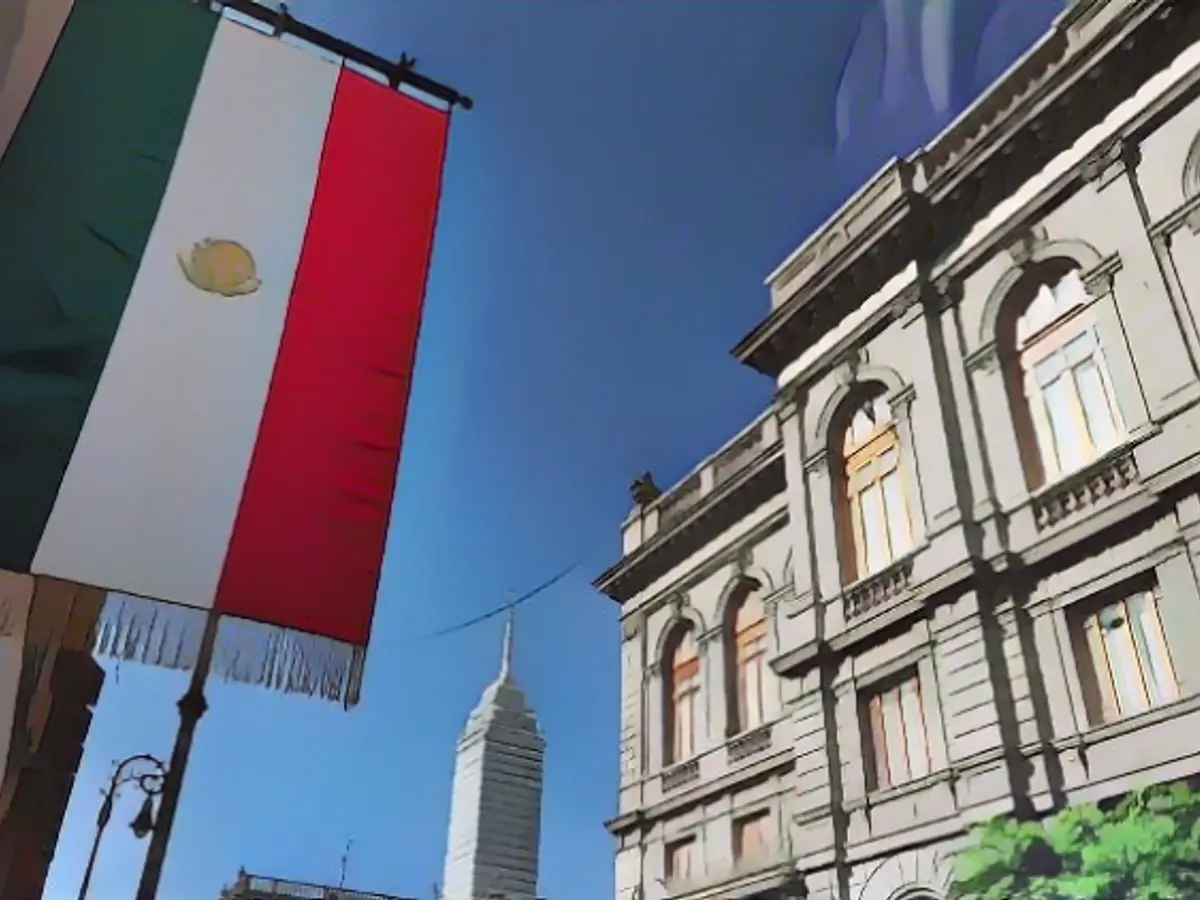Mexico expands military authority to combat drug trafficking organizations
Amidst the brutal violence perpetuated by drug cartels in Mexico, there's been a push to strengthen the army's role in the country. This move gained traction as Mexico City's lawmakers, with a majority vote of 362 to 133, backed a constitutional reform proposed by left-wing President Andrés Manuel López Obrador. This reform allows the army's National Guard to be under command, which has sparked concerns among human rights advocates.
The reform now awaits approval from the Senate with a two-thirds majority. Opposition parties are calling it a "militarization" of public security, while the U.N. High Commissioner for Human Rights in Mexico has urged a halt to this reform.
López Obrador is set to hand over his presidency to his successor, Claudia Sheinbaum, on October 1. She, too, is a member of the ruling party Morena and has voiced support for the controversial reform, assuring that respect for human rights would still be upheld.
The National Guard, established by López Obrador in 2019, replaced the federal police. Primarily composed of military personnel, it supports both the army and local security forces.
Since 2006, under President Felipe Calderón, the army has been actively engaged in combating drug cartels. López Obrador has continued this strategy, albeit without directly confronting the powerful drug cartels. Drug-related violence has resulted in the deaths of approximately 450,000 individuals in Mexico over the past few years, with around 100,000 reported missing.
The constitutional reform, which has raised concerns among human rights advocates, aims to place the National Guard under the army's command. This move, criticized as a "militarization" of public security by opposition parties, has also drawn the attention of the U.N. High Commissioner for Human Rights in Mexico who urged a halt to the reform.








